

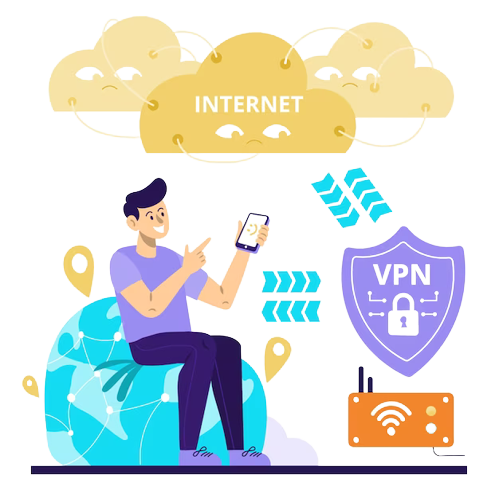
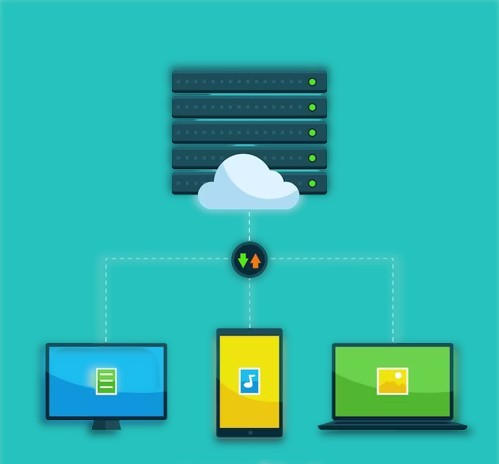

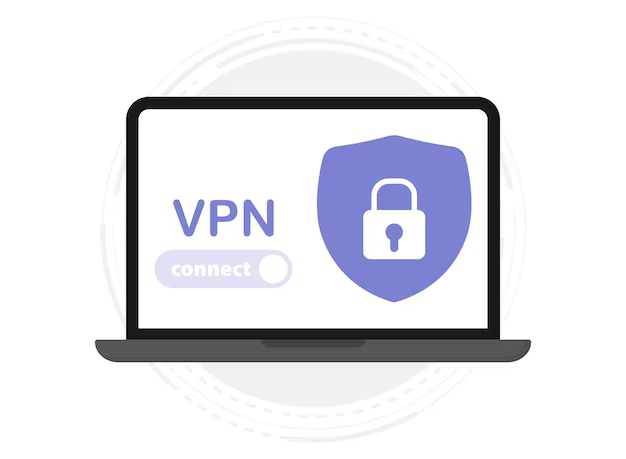
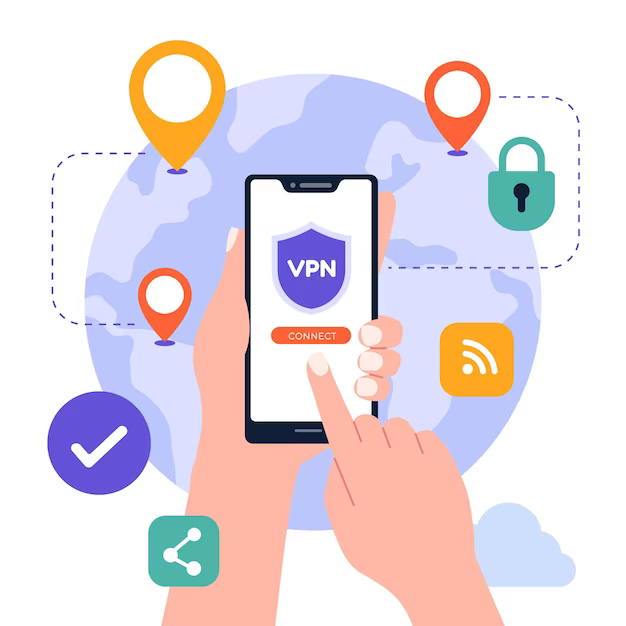
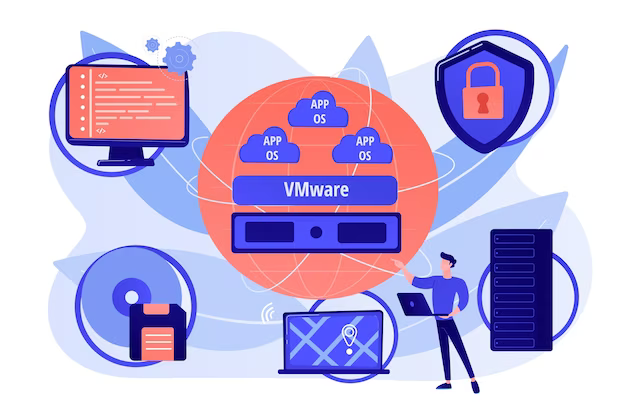
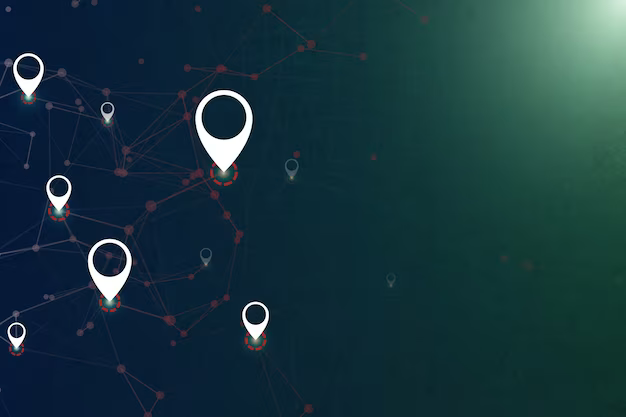
Appear to be anywhere in the world with our global fleet of VPN servers.
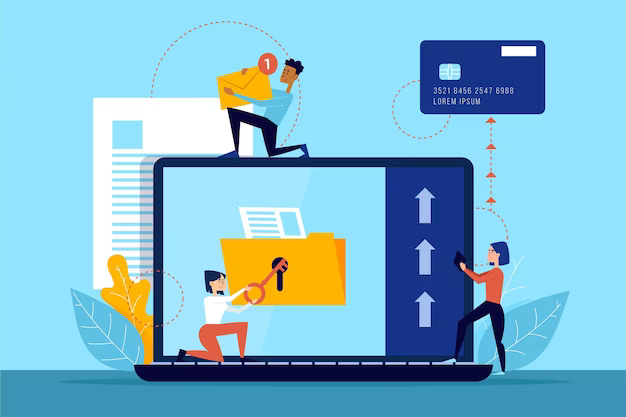
Your data is protected by AES-256, the standard trusted by security experts.
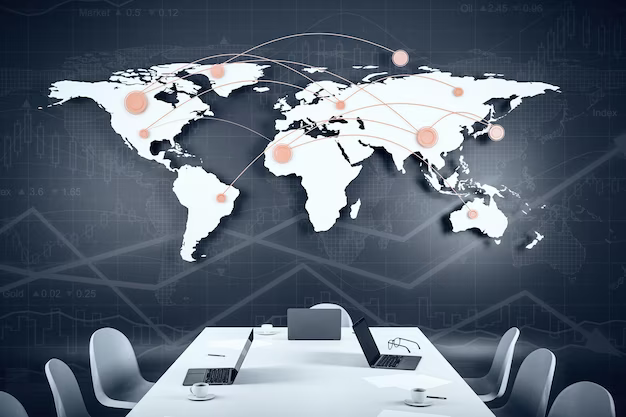
Appear to be anywhere in the world with our global fleet of VPN servers.
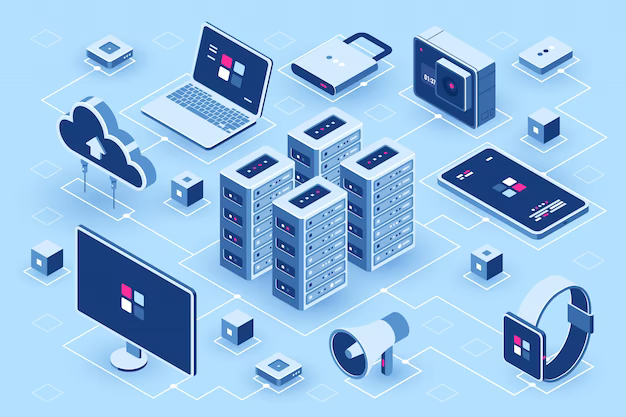
With our innovative server technology, no data is ever written to a hard drive.
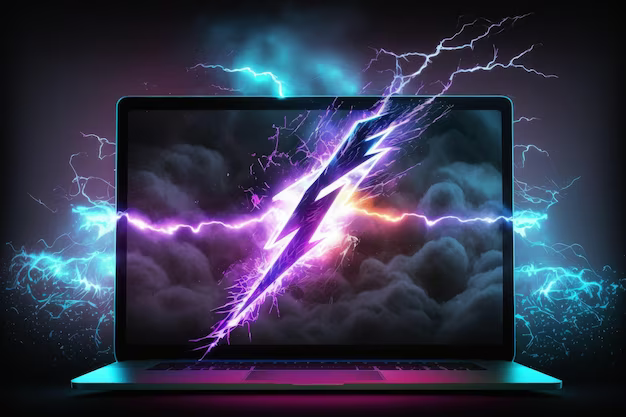
Enjoy superior speeds anywhere. Find out why we’re named ExpressVPN.
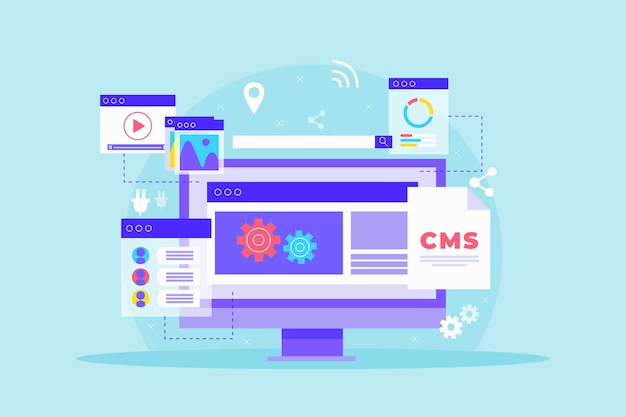
SafeLink VPN has apps for iOS, Android, Mac, Windows, and more.
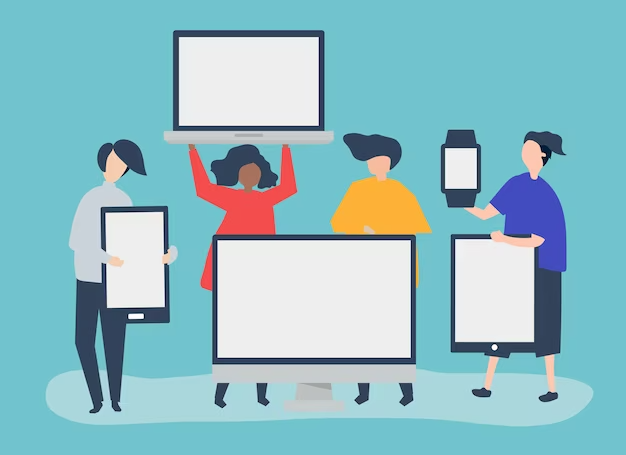
Install SafeLink VPN on all your devices, and connect up to 10 at once.
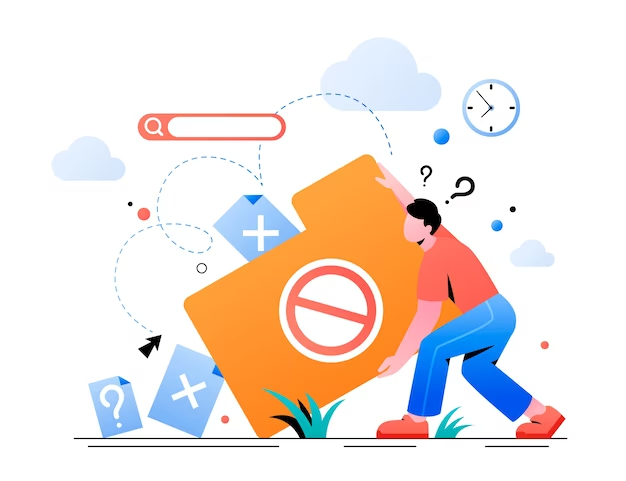
SafeLink VPN never keeps data that could tie you to any online activity.
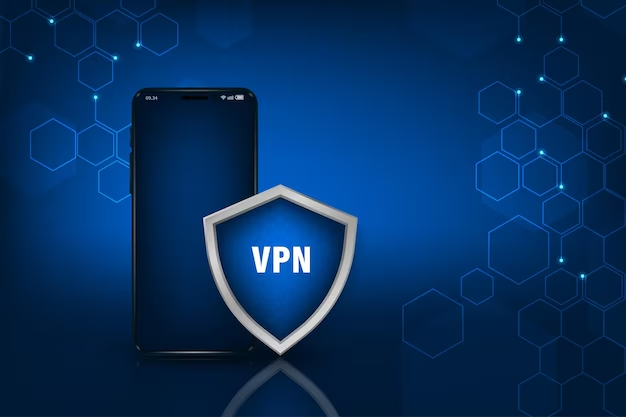
We’re striving to be the Best VPN and more.
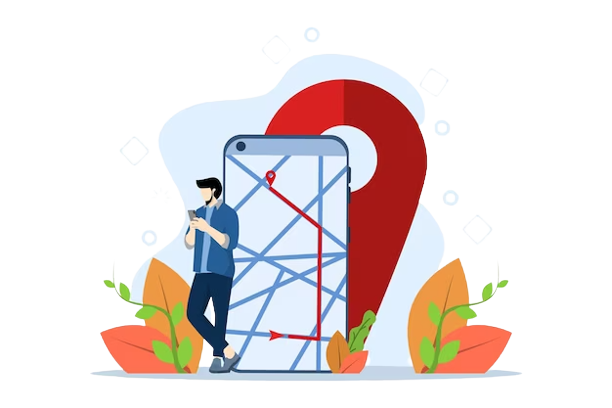
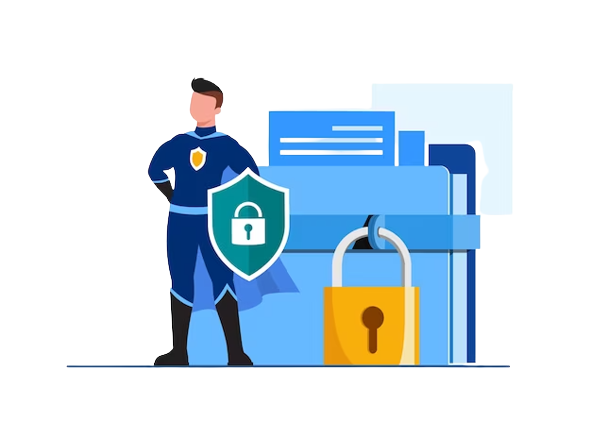
Your digital fortress against prying eyes and data breaches. Keep your data secure and your identity anonymous, all in one click.
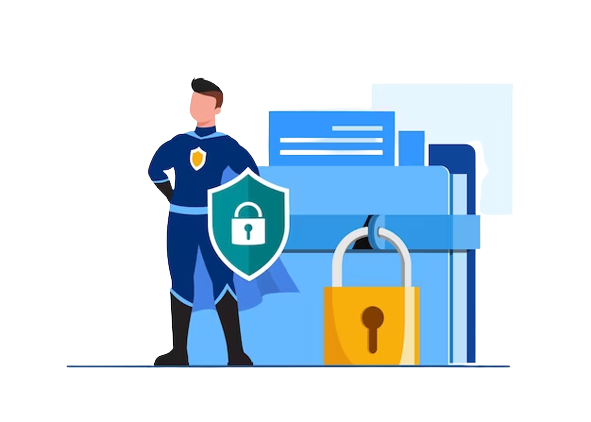
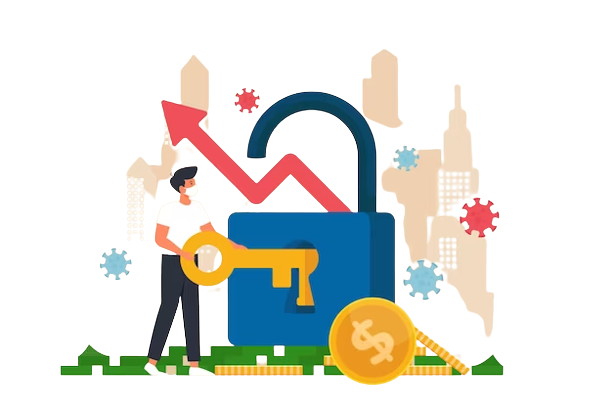
Fortifying Our Digital Frontiers, One Byte at a Time. Your Trust, Our Priority. Advanced Encryption, Vigilant Protection, Total Security. Safeguarding Your Data, Shielding Your Privacy. Stay Secure, Stay Confident.


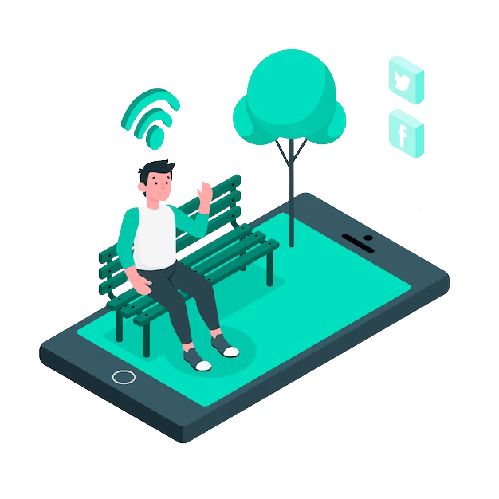
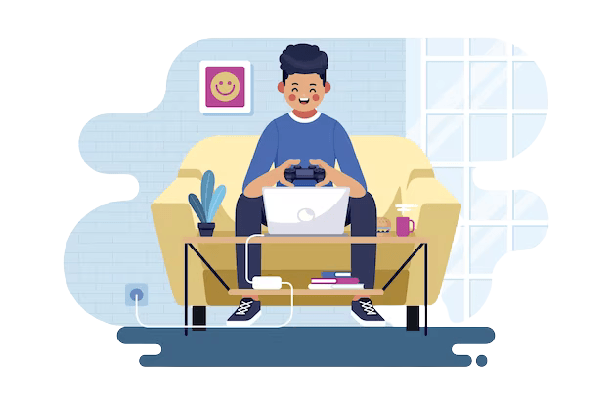
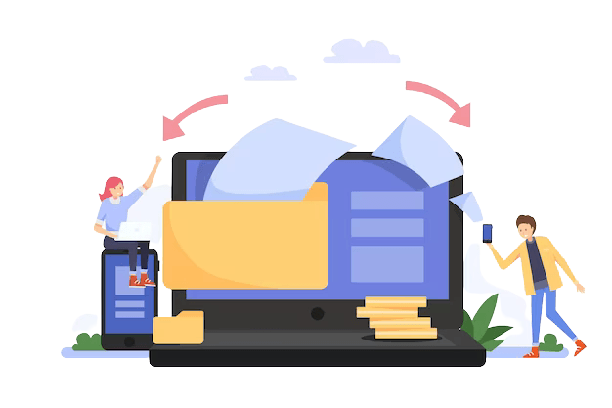
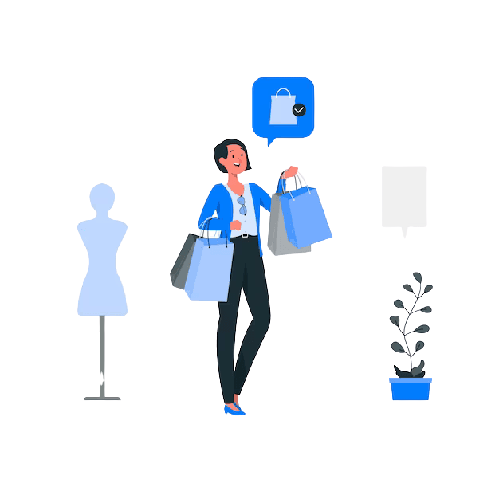

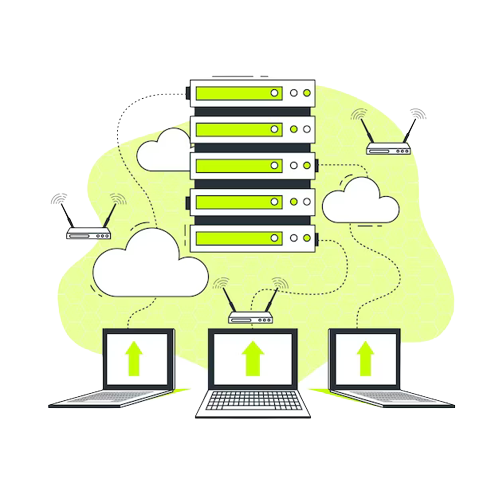
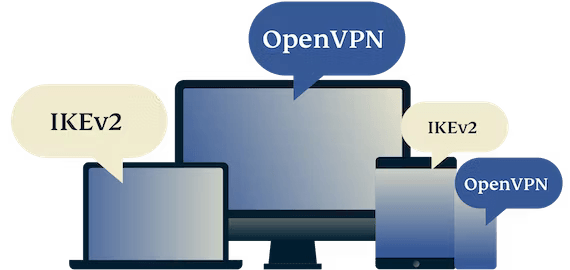
Most VPNs use a standard set of protocols, but ExpressVPN built Lightway to outdo them all in speed, reliability, and security. Give it a try to see for yourself. Learn more about Lightway.
ExpressVPN automatically chooses the best protocol for your network, but you can also choose one manually.
Popular VPN protocols in use today include:
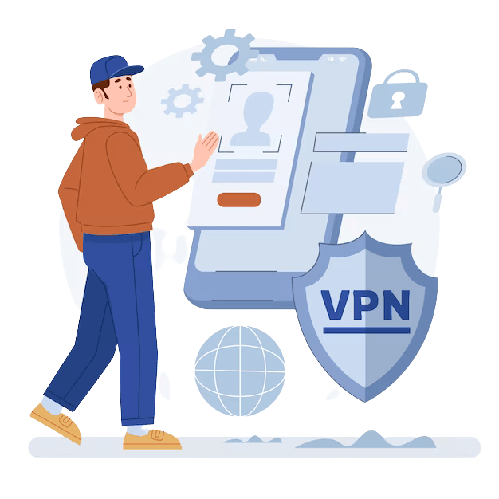
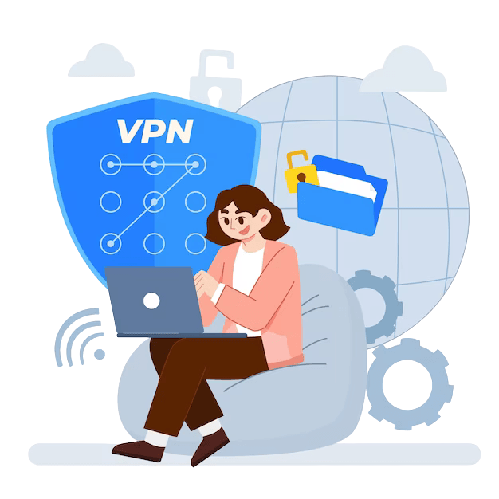
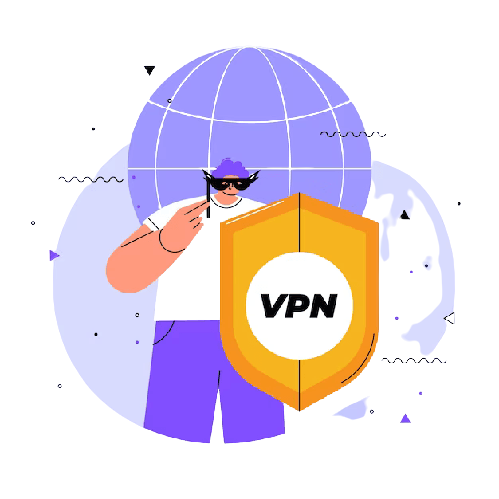
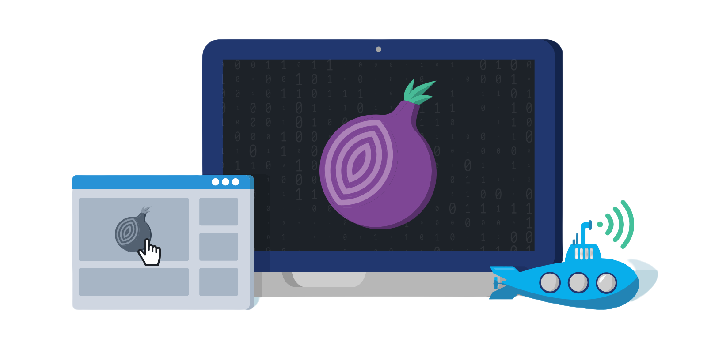
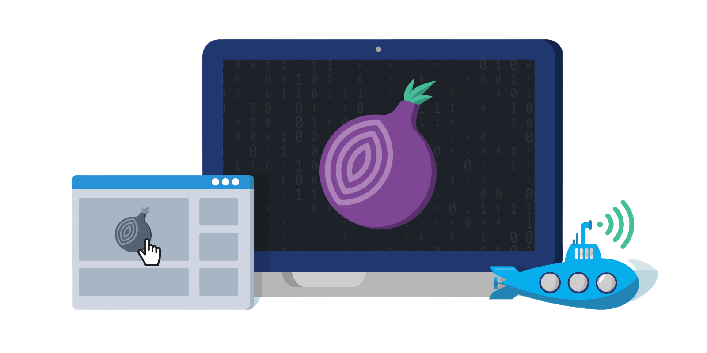
Tor, short for “The Onion Router,” is a privacy-focused network and software that allows users to browse the internet anonymously and access content that is not easily accessible through regular web browsers. It achieves anonymity by routing internet traffic through a series of volunteer-operated servers called nodes or relays. Each relay in the network only knows about the relay before and after it in the chain, making it difficult for anyone to trace the origin of the data or the identity of the user.
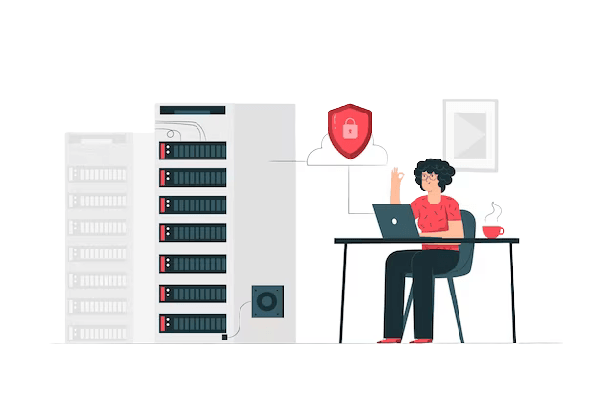
A proxy server can hide a user’s IP address by forwarding their requests to a target server. This is often used to maintain anonymity while browsing the internet.

It’s hard for a free VPN to match the features and service of a quality paid provider. With free VPNs, you are more likely to experience slow connections bogged down by a flood of users on suboptimal networks, no customer support, weak security, and a small number of VPN server locations to choose from.
As a premium paid provider, ExpressVPN can offer connections optimized for speed, security, and stability, as well as a wide selection of server locations in 94 countries around the world. Plus, our dedicated Support Team is available 24/7 to help.
Virtual Private Networks (VPNs) are generally legal in most countries. VPNs are primarily used to enhance online privacy and security, access geographically restricted content, and maintain anonymity on the internet. They serve legitimate purposes for individuals, businesses, and organizations.
Yes, you can use a VPN (Virtual Private Network) on your mobile device, and there are several reasons why you might want to do so:
1. **Privacy and Security:** One of the primary reasons people use VPNs on mobile devices is to enhance their online privacy and security. When you connect to a VPN, your internet traffic is encrypted and routed through a secure server, making it more difficult for hackers, ISPs, or malicious actors to intercept or monitor your data. This is especially important when using public Wi-Fi networks, which are often less secure.
2. **Bypassing Geo-Restrictions:** VPNs allow you to bypass geo-restrictions and access content that might be restricted or blocked in your current location. For example, you can access websites and streaming services that are only available in specific countries.
3. **Online Anonymity:** VPNs can help you maintain anonymity online. They hide your real IP address and make it appear as if you're browsing from a different location. This can be useful for maintaining privacy and avoiding tracking by websites and advertisers.
4. **Torrenting and P2P File Sharing:** If you engage in torrenting or peer-to-peer (P2P) file sharing on your mobile device, a VPN can help protect your identity and prevent copyright infringement notices from being sent to your ISP.
5. **Circumventing Censorship:** In countries with strict internet censorship and surveillance, a VPN can be used to access blocked websites and communicate more freely without government monitoring.
6. **Preventing Bandwidth Throttling:** Some ISPs engage in bandwidth throttling, which means they intentionally slow down certain types of internet traffic, such as streaming or gaming. Using a VPN can help you bypass such throttling and enjoy a faster internet connection.
7. **Secure Remote Access:** If you need to access your home or work network remotely, a VPN can provide a secure and encrypted connection, ensuring that your data remains protected during transit.
8. **Public Wi-Fi Protection:** When connecting to public Wi-Fi networks, you're often exposed to security risks. Using a VPN adds a layer of security by encrypting your data, making it much harder for cybercriminals to steal your personal information.
9. **Avoiding Price Discrimination:** Some online retailers and booking websites may offer different prices to users from different regions. By using a VPN to appear as if you're browsing from a different location, you can potentially find better deals.
It's important to choose a reputable VPN service for your mobile device, as not all VPNs offer the same level of security and privacy. Additionally, keep in mind that while a VPN can enhance your online privacy, it doesn't make you completely anonymous, and illegal activities conducted through a VPN may still have legal consequences.
A VPN can slow down your internet connection because it encrypts your traffic and routes it through a server in another location. The amount of slowdown depends on the VPN provider, the distance to the server, the amount of traffic on the server, and the type of activities you are doing online.
You can minimize the slowdown by choosing a good VPN provider, connecting to a server that is close to you, and avoiding servers that are overloaded. You can also try using a different protocol or disabling some features of your VPN.
Ultimately, the decision of whether or not to use a VPN is a trade-off between security and speed.
VPNs can drain battery because they encrypt all of your internet traffic, which requires more processing power from your device. The amount of battery drain will vary depending on the type of VPN protocol used, the level of encryption used, the strength of your internet signal, and whether the VPN is always running in the background. You can minimize battery drain by using a lightweight VPN protocol, a lower level of encryption, only using the VPN when needed, and turning it off when you're not using it.
Here are some tips to help minimize the battery drain caused by a VPN:
A VPN can make it difficult to track your online activity, but it is not foolproof. There are some ways that you can still be tracked, such as DNS leaks, website fingerprinting, malware, and government surveillance.
To protect your privacy online, you should choose a VPN that has a strong encryption protocol, a no-logs policy, and a kill switch. You should also take additional steps to protect your privacy, such as using a strong password manager and being careful about what information you share online.
Here are some of the things that a VPN can't do:
However, a VPN can make it much more difficult for people to track your online activity. If you are concerned about your privacy, then using a VPN is a good way to protect yourself.
Using a VPN is safe for online banking. It encrypts your traffic and hides your IP address, making it more difficult for hackers to steal your financial information. However, it is important to choose a reputable VPN provider.
Here are some tips for using a VPN for online banking safely:
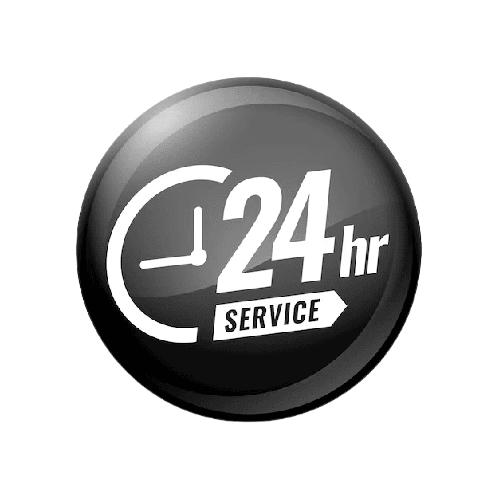
With 24-hour customer support, your business is available to customers 24/7. No matter their time zone or schedule, customers can reach out for assistance or information, ensuring you never miss an opportunity to engage with them.

We offer a 30-day money-back guarantee on all services. If you are not satisfied, return it for a full refund within 30 days. Product must be in original condition.